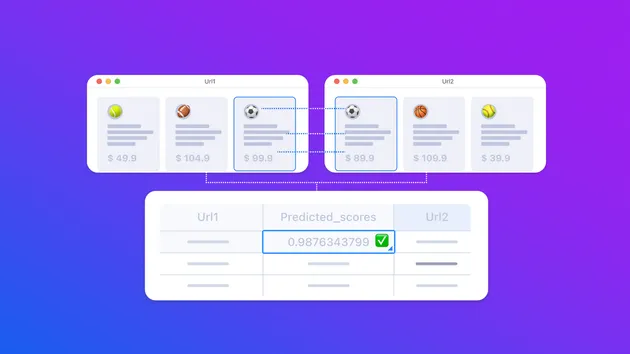Asos Scraper
Pricing
$4.00 / 1,000 results
Asos Scraper
The ASOS Scraper is a powerful and efficient tool designed to automate the extraction of product details from ASOS, one of the leading online fashion retailers. With just a few clicks, users can effortlessly scrape data from ASOS product pages
Pricing
$4.00 / 1,000 results
Rating
0.0
(0)
Developer

GetDataForMe
Actor stats
2
Bookmarked
27
Total users
0
Monthly active users
a month ago
Last modified
Categories
Share




